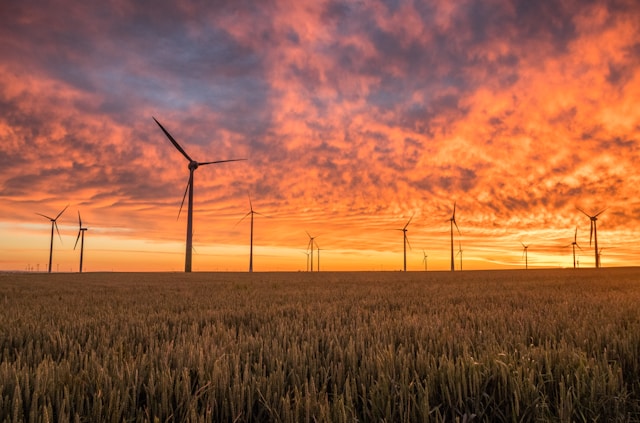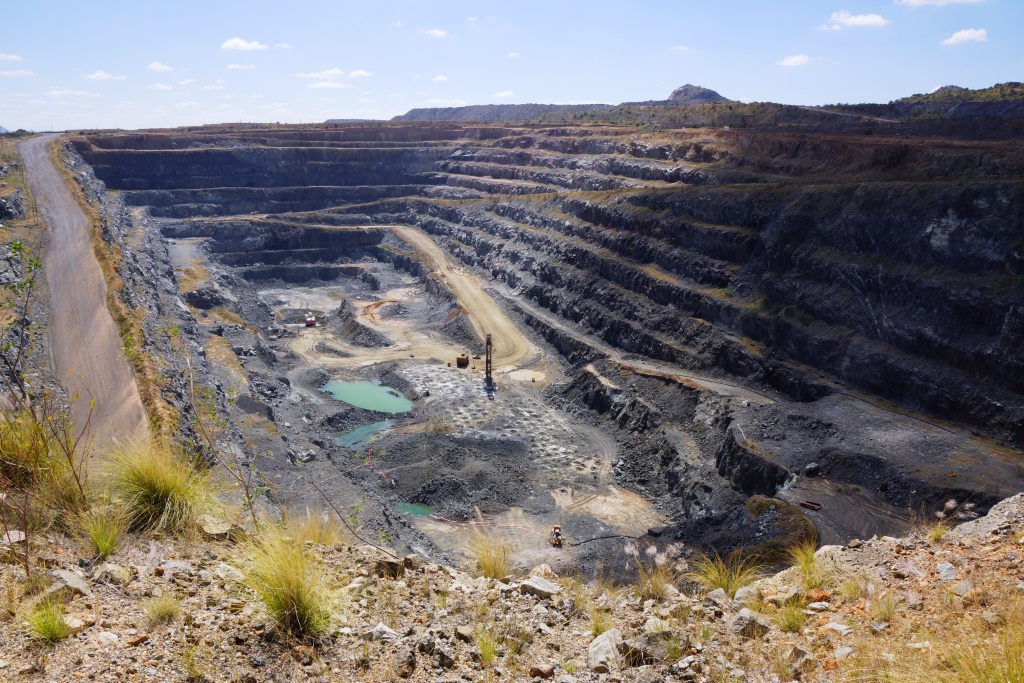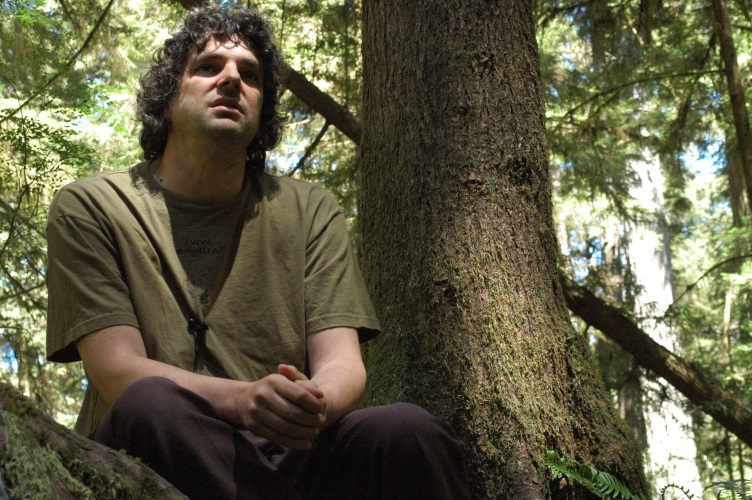
The Significance of Renewables
by David Casey / Articulating the Future The narrative being pushed today is that renewables, particularly wind and solar, will save us. By “save us” they mean allow us to continue our way of life unhindered into the future, despite a lower (and eventually zero, they tell us) reliance on oil. This view is so prevalent, it seems, that reactions of denial, or even confusion, are met with indignation and insistence. ...

